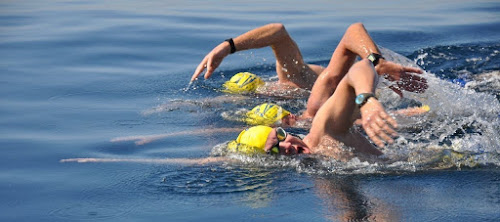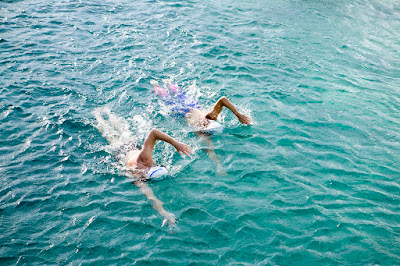Take me to the river!

As part of our series of blogs on open water, Total Immersion coach Penny Wilkin gives us the lowdown on how to stay safe as you embark on your next river swimming adventure. By Penny Wilkin and Sarah Hill Since the lockdown has been lifted I’ve made it a point to check out a wider range of open water and wild swimming spots local to me. In fact, I’m on a mission to swim in a different spot each week - which I’ve named “Wild Swim Wednesdays” Along with some friends from local swimming group Swim and Tonic, I’ve ventured to lots of new swimming spots, most of these have been river dips and, as many more people are swimming in rivers I thought it would be useful to share some of the things we do to keep ourselves safe: Get local knowledge before you swim in a new place - from local people, other swimmers, one of the wild swimming books, a Facebook group, Google and OS maps. Consult water quality resources - see our last blog W ater Quality101 for all you need. Never swim alone and ...





